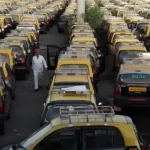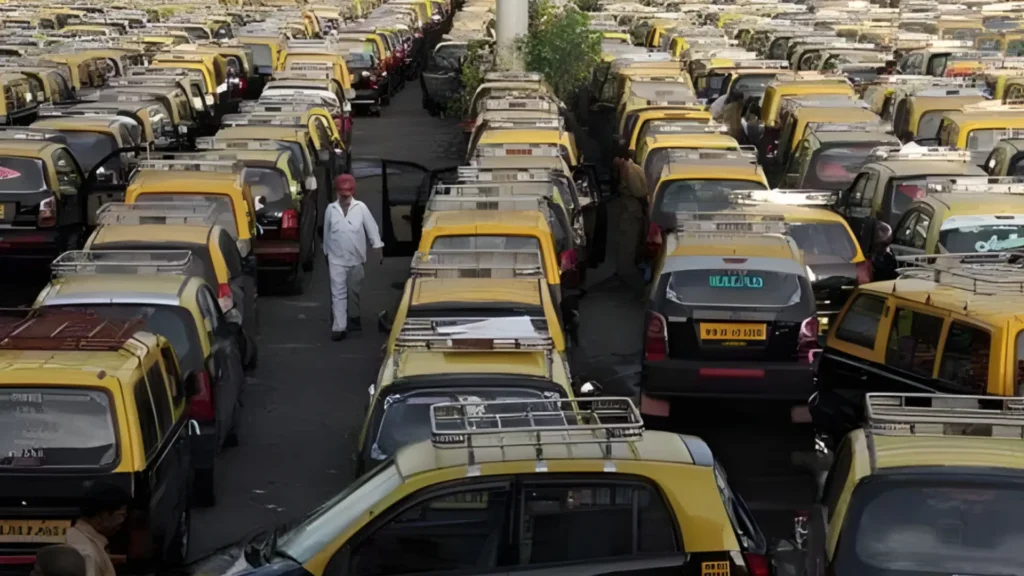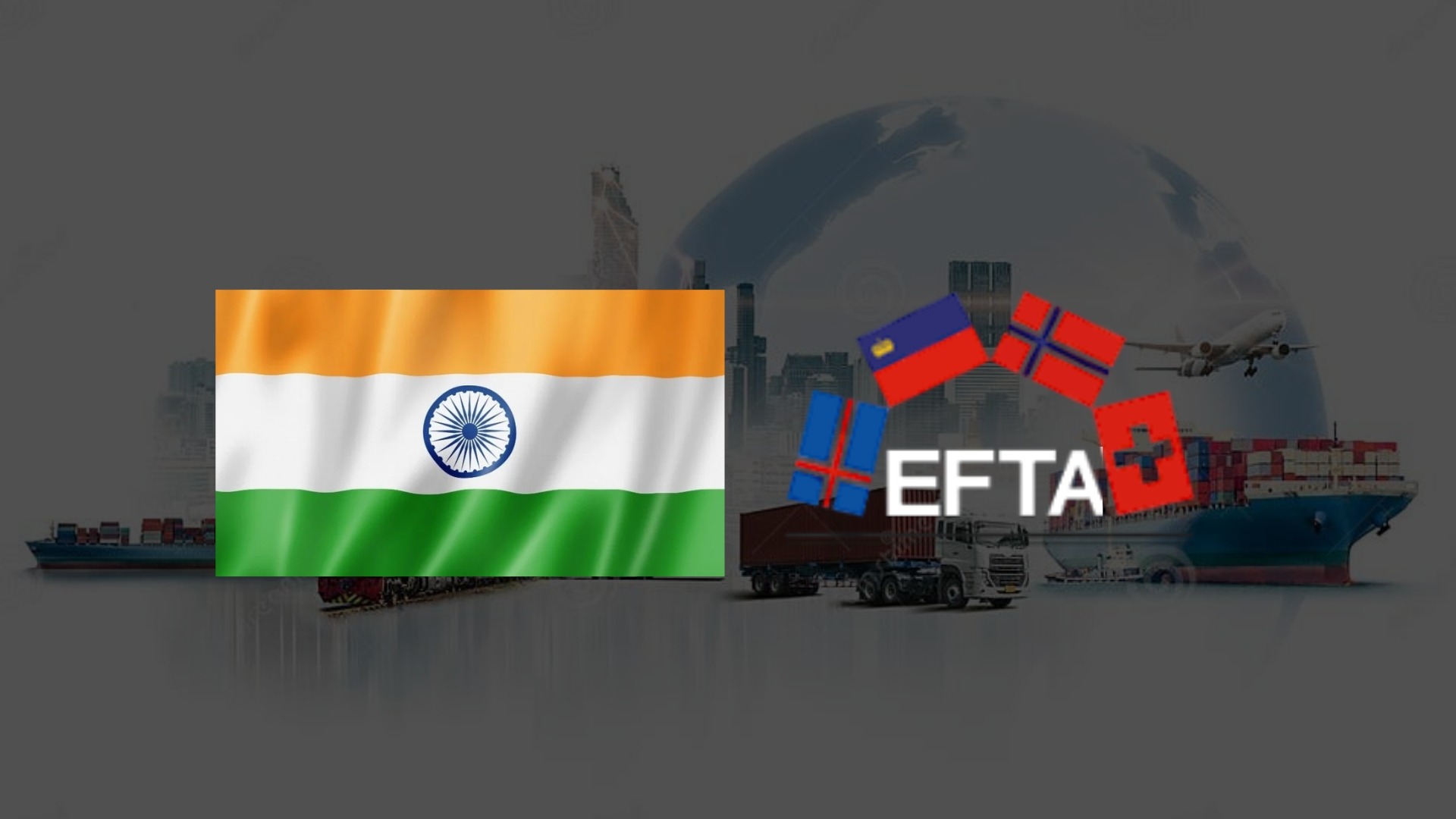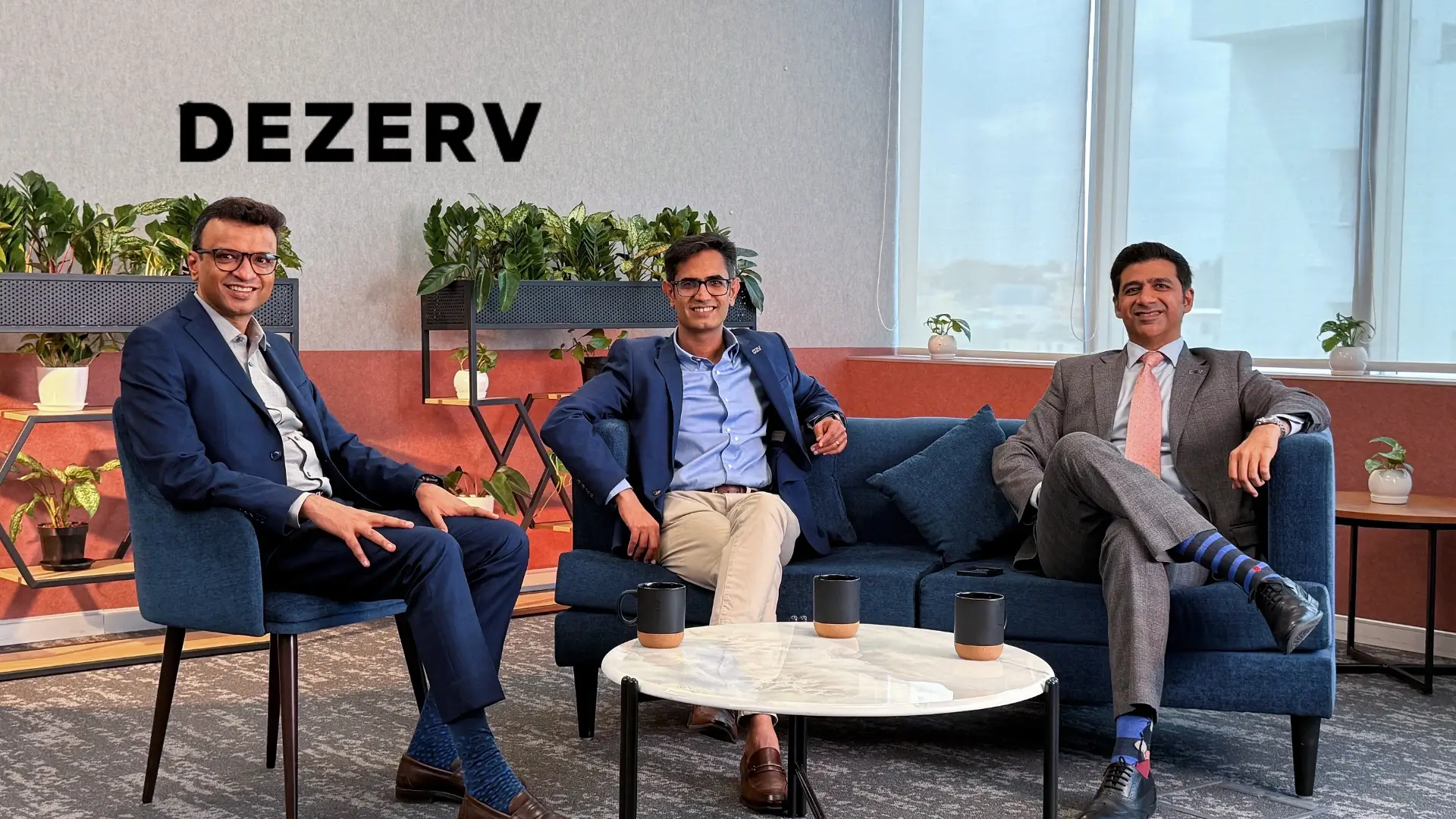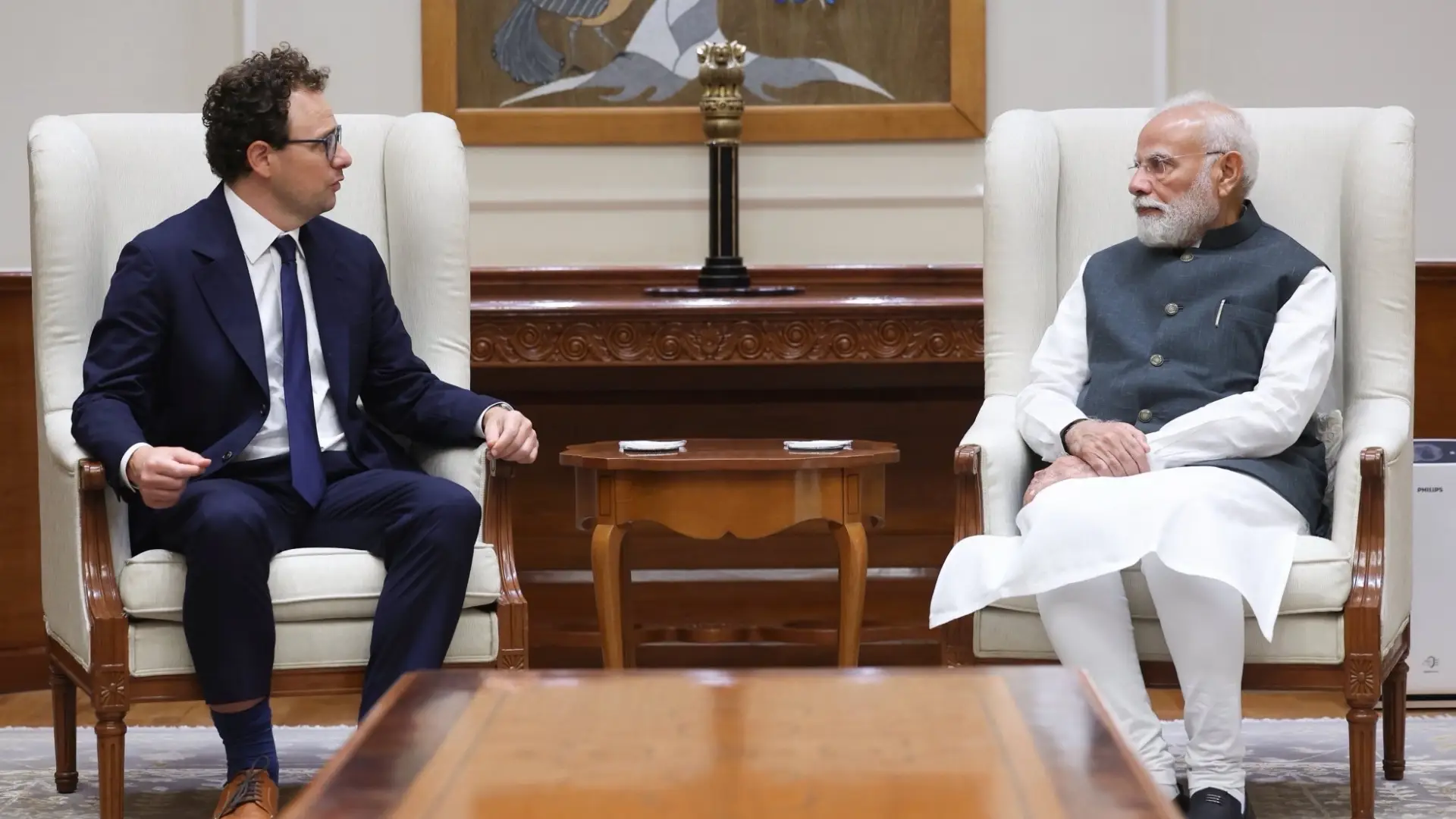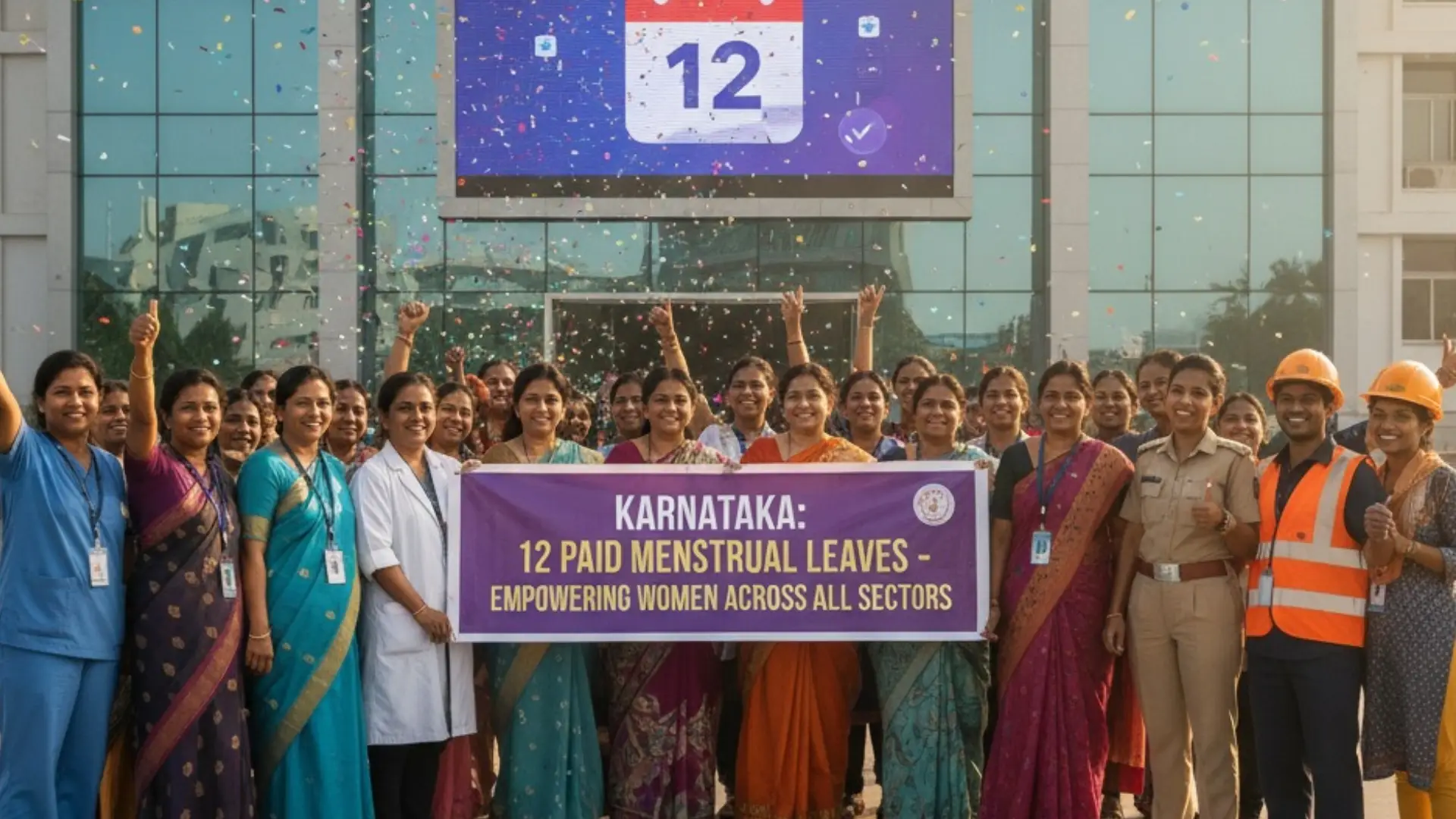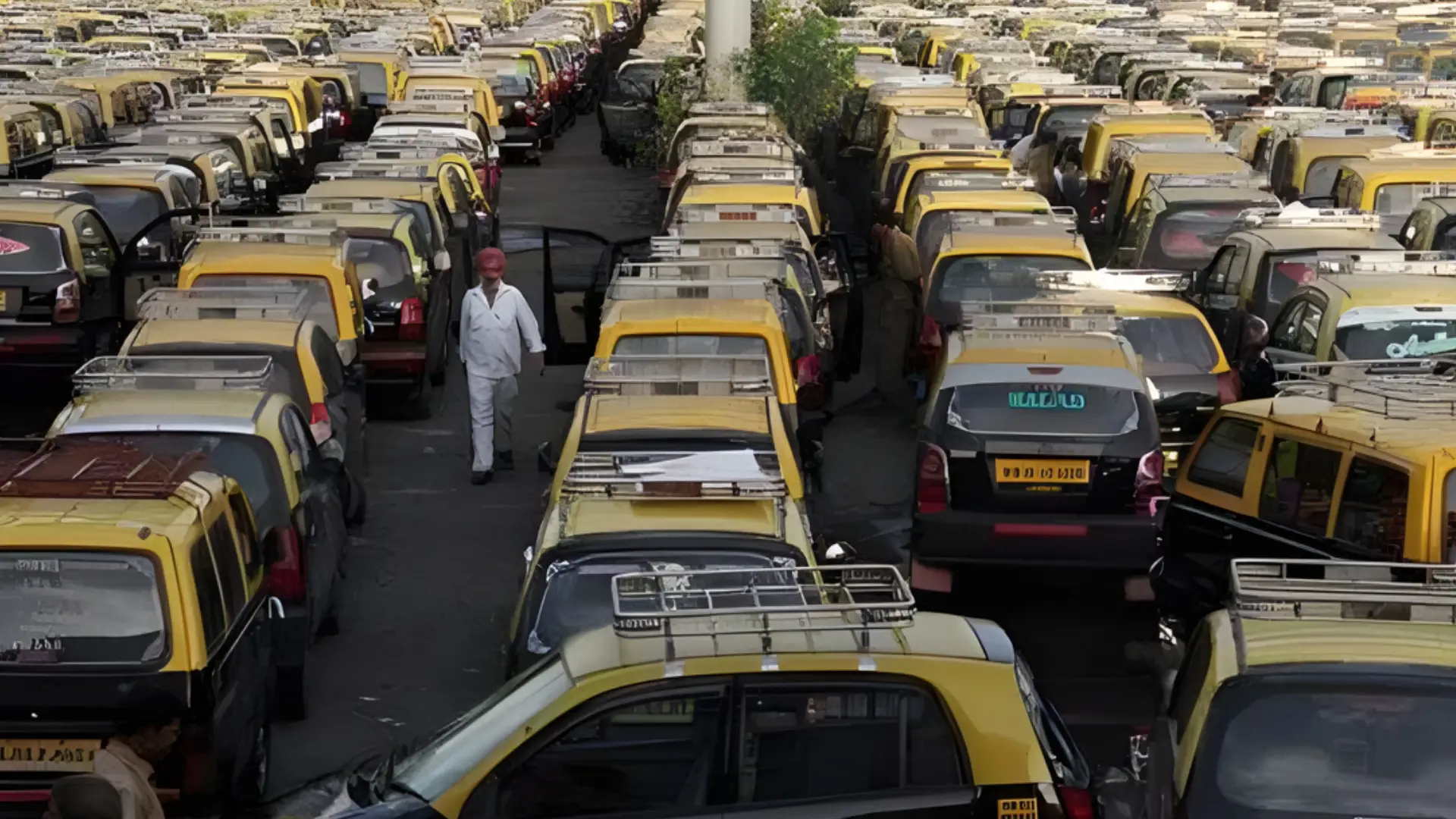Maharashtra is taking significant strides in regulating the burgeoning app-based ride-hailing sector with the proposed Motor Vehicle Aggregator Rules, 2025. This framework addresses critical aspects of the industry, affecting platforms like Ola and Uber and their operations within the state.
The draft rules, released recently, stipulate that aggregators must secure licenses through a dedicated state portal. The licensing fees are set at INR 10 Lakh for statewide operations and INR 2 Lakh for district-level services. These rules aim to standardize fares, with the Regional Transport Authority (RTA) determining base fares applicable across all aggregator services. Surge pricing is addressed, allowing for variations between 25% below and 1.5 times above the RTA-determined base fare. For ride cancellations, penalties are outlined, with customers receiving a credit equivalent to 10% of the total fare (up to INR 100). Additional penalties of INR 100 or 5% of the total fare may apply for cancellations without valid reasons. Furthermore, the rules mandate that cab aggregators reimburse drivers no less than 95% of the base fare.
Driver welfare is also a key focus. The proposed regulations limit login periods to a maximum of 12 hours, require 10-hour rest breaks, and include a 30-hour induction training program covering road safety, digital literacy, and service standards. Passenger insurance of INR 5 Lakh per trip is optional but must be offered as part of the service. Drivers with ratings below two stars face temporary suspension pending retraining.
The app functionality also comes under scrutiny, mandating emergency contact features, driver identity verification, deviation alerts, and real-time GPS tracking. These rules apply to all vehicle aggregators, including cabs, autos, and tourist buses, but exclude bike-taxis, which are governed by the Maharashtra Bike Taxi Rules, 2025. The draft is open for public feedback until October 17.
These developments follow intermittent strikes by cab drivers and gig workers demanding the implementation of the Aggregator Cabs Policy 2025. Drivers, many associated with platforms like Ola and Uber, seek pay parity and stronger protections, including a minimum 80% fare share and penalties for unjustified ride cancellations.
In September, Maharashtra issued provisional licenses to Rapido, Ola, and Uber to restart electric bike-taxi services, previously suspended due to regulatory ambiguity. These temporary permits require companies to apply for permanent licenses within a month under the upcoming EV Bike-Taxi Policy 2025, balancing the promotion of electric mobility with regulatory oversight.
Also Read: How BookMyShow Became India’s Undisputed Leader in Online Ticketing?

